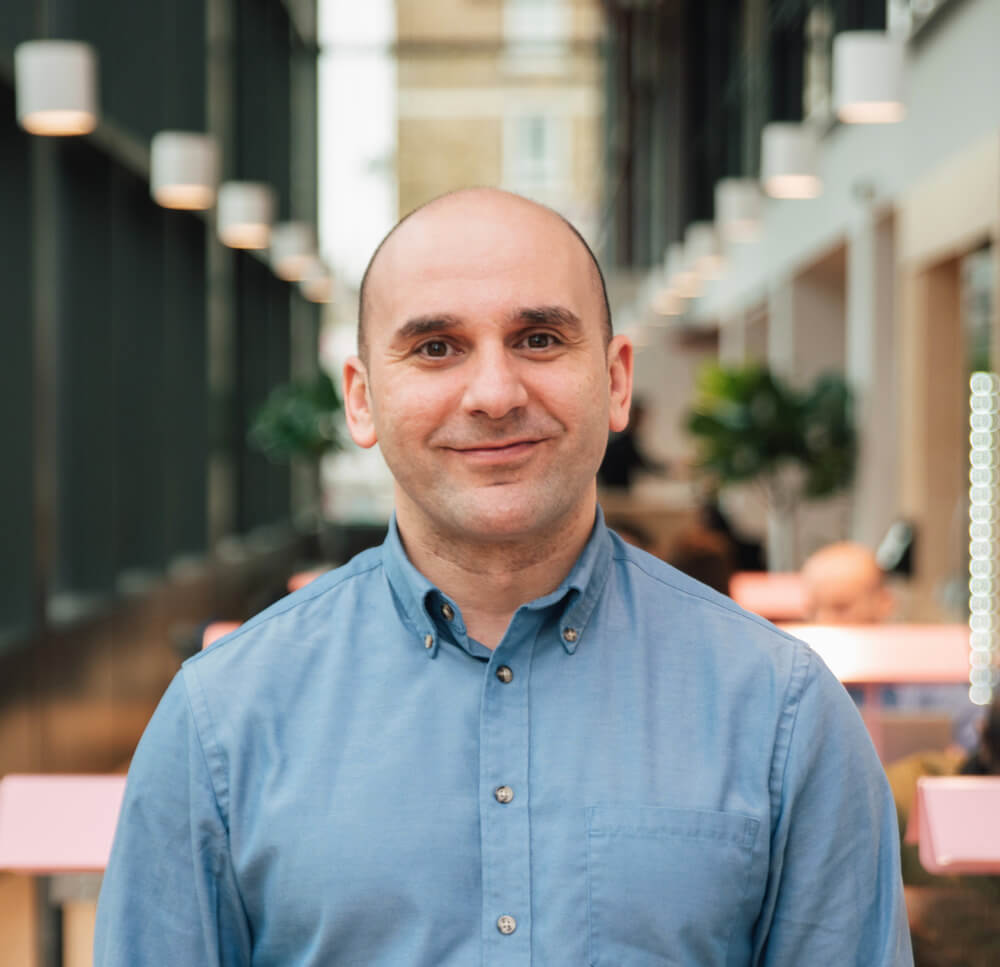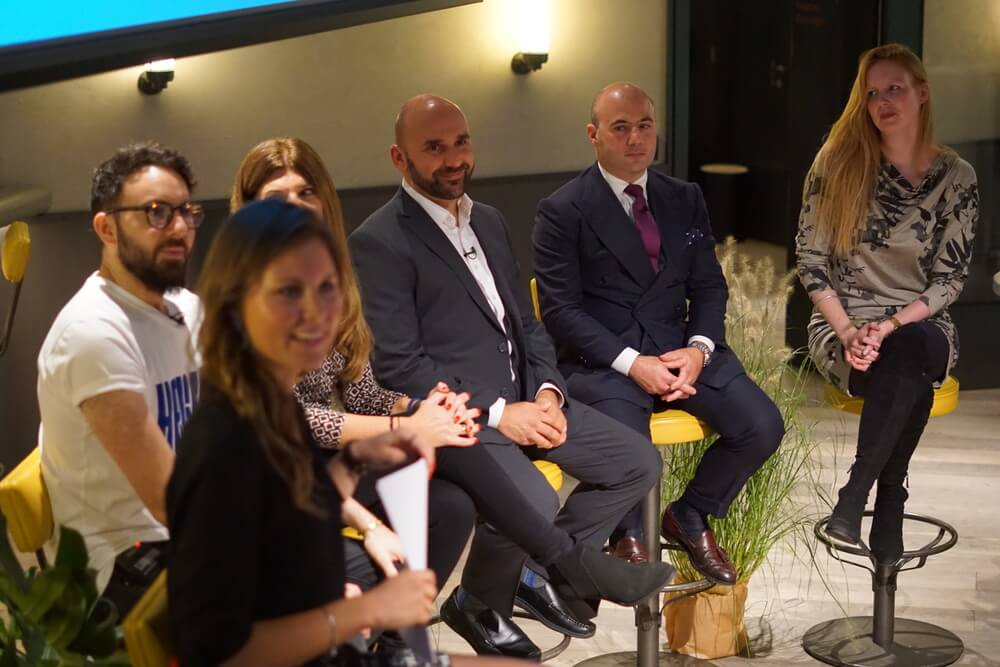Meet The Team is Nell Health’s monthly employee spotlight series meant to unveil the stories behind the minds who make up Nell. Each time, you’ll get to know us a bit better!
This month, meet our Head of Nutrition and Genetics, Yiannis Mavrommatis. Yiannis has been with Nell since the beginning and is the scientific mind behind the Nutrition & Fitness test. He identifies with Nell’s ethos to provide actionable insights to facilitate individuals’ journeys to their ideal health goals.

Tell us about yourself!
My journey with nutrition started back home in Athens, Greece, where I was a trained Dietitian. I originally moved to the UK to study and stayed a little longer for my PhD. And I've never left! My wonderful wife and son are here and I split my time between working at Nell and leading the MSc Nutrition and Genetics programme at St Mary’s University, the first Masters of its kind in the UK and Europe!
What does a typical day look like at Nell?
Working at Nell is the more creative part of my career, which is very emotionally rewarding. I wouldn’t say there’s a typical day here, it is best described in waves. It can be quiet, where I read and scrutinise the latest science or it can be quite hectic with multiple client consultations. Meeting our users is the most exciting part, even more than reading the scientific literature (and I love reading science!).
Nutrition and Genetics is a uniquely interdisciplinary field. Have there been any challenges in combining these two paradigms?
Unsurprisingly, yes. There have been quite a few challenges, although it’s much better than it was 10 years ago. I first encountered Nutrigenetics during my master’s. The mix of intricate, somewhat abstract molecular biology and the everyday reality of diet, got me absolutely hooked.
Unfortunately, that’s not the case with everyone in the field of nutrition and genetics. Publishing Nutrigenetics literature that actually engages these two diverse communities is difficult. Some might not know exactly what you’re talking about or some might just not care. It’s sometimes a struggle to break out of pre-defined moulds and accept such a new field, so we just create our own new opportunities!
I see Nutrigenetics as an empowering field. We are no longer an observer of our DNA. Now, we can take an active role and create tangible results thanks to personalised insights. Nutrigenetics is here to stay and I’m glad to be living in the UK which is quickly proving to be a pioneer in this area.

Is there really any benefit to modifying your diet according to your DNA?
I can’t claim that DNA is the magic ingredient in a diet. DNA provides us with one more layer of information - essential information. When we include DNA, we become more informed about how our bodies work. With this knowledge, we can use it to be more efficient in the way we tackle our diet to reach our individual health goals.
How would you say you have evolved in your thinking since you first started studying genetics?
It’s best described by the Dunning-Kruger effect. During my bachelor’s, I thought I knew everything. Later in my academic career, I realised I knew merely a sliver of what was out there. As Socrates rightly claimed, “I know that I know nothing”.
Genetics is such a deep field and I’ve come to appreciate its complexity and endlessness. Every piece of research helps us to get one step closer to learning more about what makes us human.
When it comes to Nutrigenetics, however, there are many more unknowns since it’s a new field. I used to believe that I needed to know everything before communicating it with the public. But, who knows how long that’ll take? Whatever we know, we have to use it and convert it into actionable advice for everyone.
Of the genes that Nell reads in the Nutrition & Fitness test, which do you find most fascinating?
Cytochrome p450 because of the science behind it. Once we learn more about it, it has the potential to alter how we perceive DNA.
There is some evidence that if you have particular genetic variations of cytochrome p450, your metabolism for certain compounds increases or decreases. With associations to cardiovascular disease and caffeine, it’s a really exciting gene!
If you want to learn more about Yiannis or ask any questions, contact him through our form or connect with him on LinkedIn!